国际学生入学条件
The program area will accept students after each deadline date. Applicants not accepted after the January deadline will be considered at the May deadline if space remains.Competitive Entry: Two-step processPreference will be given to applicants with:Academic grades above the minimumRelated experience and/or volunteer experienceAdditional post-secondary academic courses Meet the following entrance requirementsEnglish language proficiency: Category 2 – English Studies 12 (67%) or equivalentMath: one of the following:Pre-Calculus 11 (67%) orFoundations of Math 11 (73%) orOther acceptable BC and Yukon coursesBiology: one of the following:Life Sciences 11 (67%) orAnatomy and Physiology 12 (67%) orOther acceptable BC and Yukon coursesLife Sciences 11 is strongly preferred due to the coverage of topics of Ecology, Taxonomy, Evolution, Plant Biology, and Animal Biology.Science: one of the following with minimum high school grade 11 (60%):Chemistry (preferred) orPhysics (preferred) orEarth Sciences orEnvironmental Science
展开
IDP—雅思考试联合主办方

雅思考试总分
6.5
了解更多
雅思考试指南
- 雅思总分:6.5
- 托福网考总分:86
- 托福笔试总分:160
- 其他语言考试:Pearson Test of English Academic (PTE Academic) - Overall score 60 No skill score less than 60.
CRICOS代码:
申请截止日期: 请与IDP顾问联系以获取详细信息。
课程简介
Since 1969, the Fish, Wildlife and Recreation program has been preparing students for rewarding careers in the conservation and management of fish, wildlife, parks, and outdoor recreation. The program is designed to give students a broad range of applied skills, experiences, and knowledge.A significant amount of learning is done in the field where students learn to identify, inventory, and monitor BC’s fish and wildlife species, the habitats they use, and the natural areas set aside for conservation and recreation. Students in the program will also learn how parks and protected areas are established, designed, and managed. Upon completion of the FWR program, graduates will be ready to work in the dynamic and diverse field of resource management. The FWR program provides students with relevant and practical hands-on learning through field labs and classroom experiences. Learning outcomes are aligned with current needs of government, the conservation and stewardship community and private industry. Faculty liaisons and partnerships with industry, and input from the FWR Program Advisory Committee, ensure that learning outcomes reflect the needs for managing natural renewable resources in urban, rural, and wild land environments.In Year One (first and second terms), the program provides students with a solid academic foundation and basic field skills for careers in renewable resources. The overall objective of course content and assignments in the first year is to create an understanding of the ecosystems in BC, renewable resource assessment, management, and inventory methods and standards.This sets the foundation for Year Two (third and fourth terms) where students focus primarily on fish, wildlife, natural landscapes and parks and outdoor recreation management. During this second year, students spend as much time in the field as they do in the classroom.
展开







 预科
预科 奖学金
奖学金 实习机会
实习机会 在校学习
在校学习 跨境学习
跨境学习 校园授课-线上开始
校园授课-线上开始 在线/远程学习
在线/远程学习



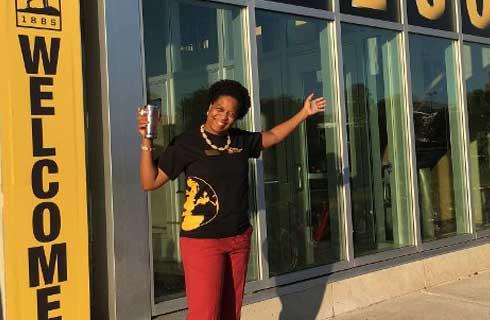



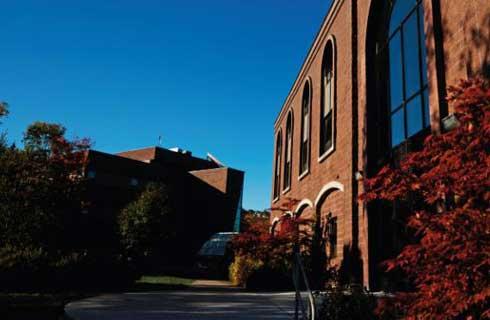

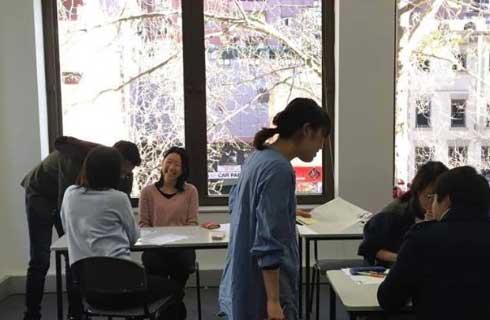


 阿尔伯塔大学
阿尔伯塔大学

 阿尔伯塔大学
阿尔伯塔大学

 雷克兰学院
雷克兰学院
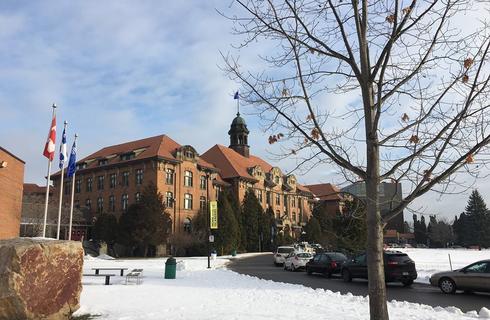
 凡尼尔学院
凡尼尔学院
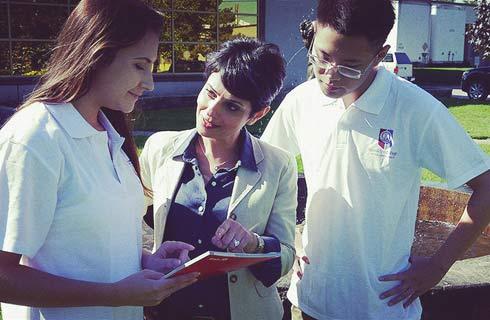
 荷兰学院
荷兰学院

 北达科他州立大学
北达科他州立大学


























